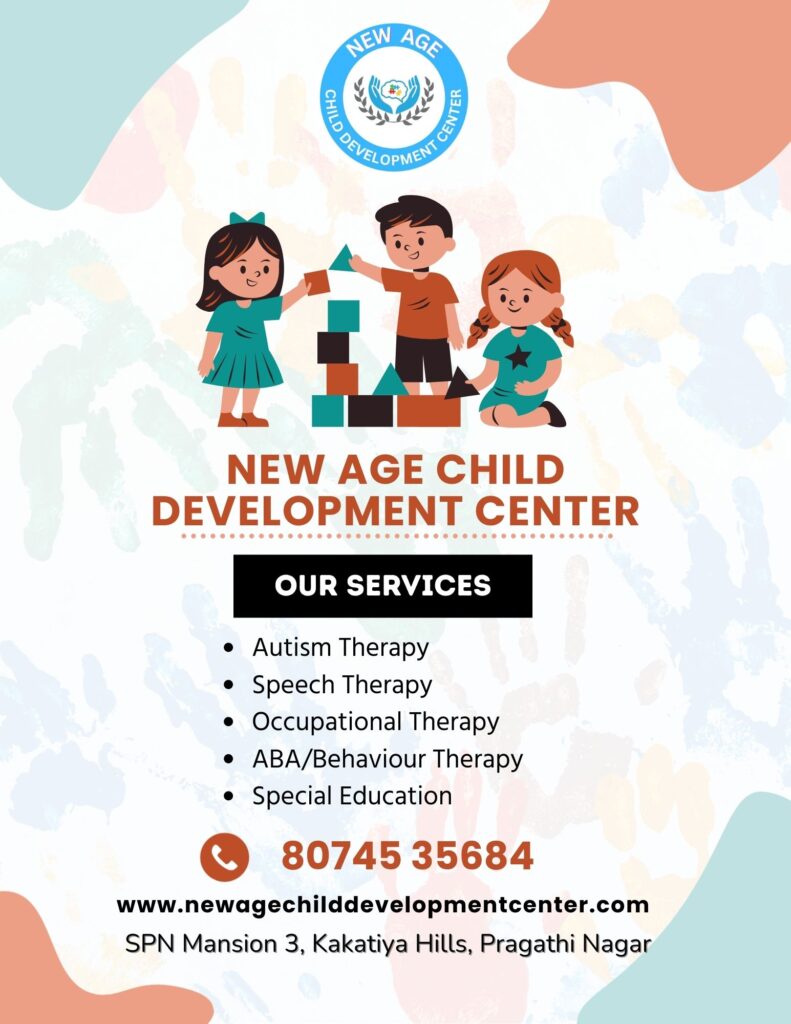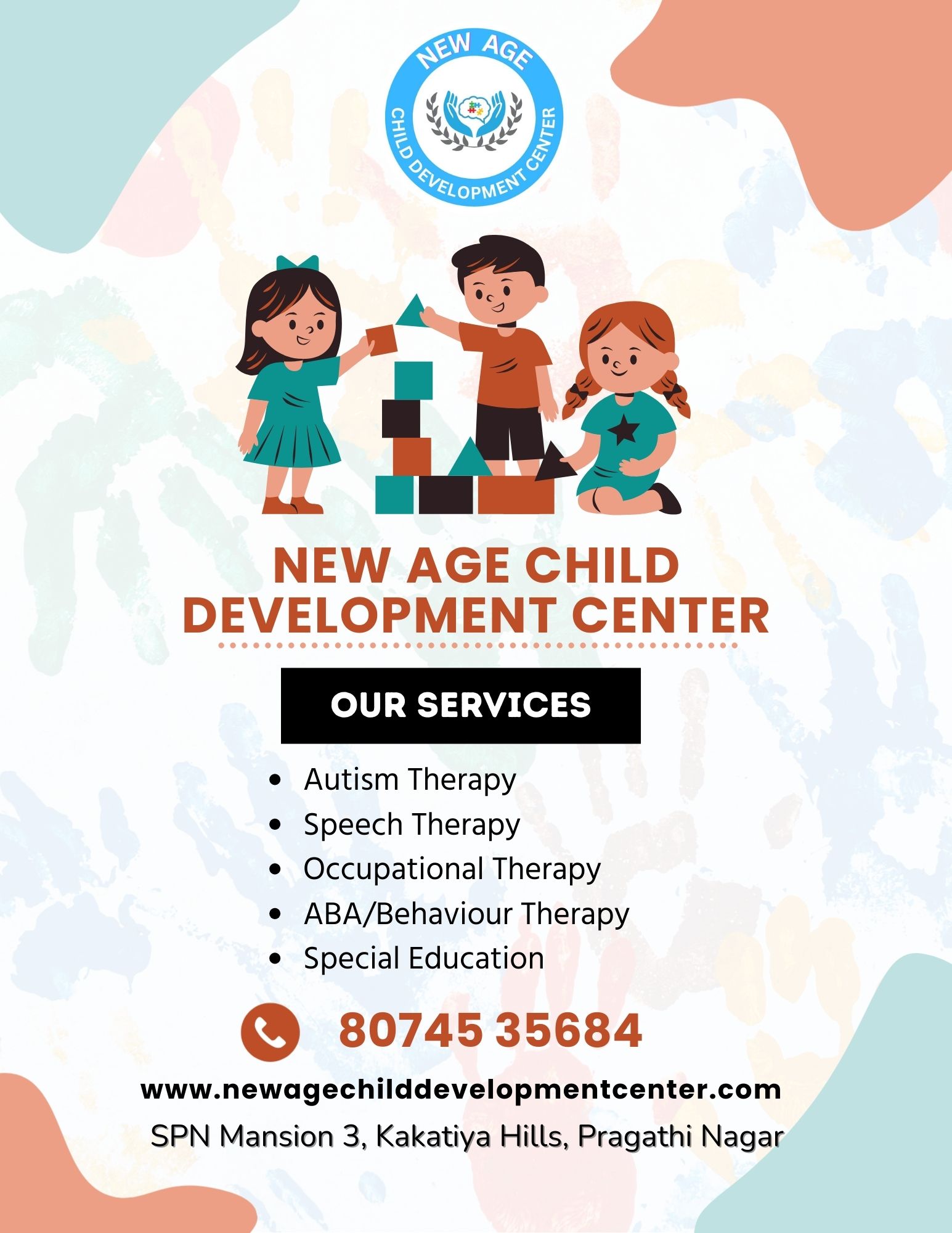Practical Steps If Your Child Is Suddenly Using Foul Language: It can be startling and distressing for parents to hear their children use profanity or obscene language for the first time. It is normal to feel frustrated, but the important thing is to react coolly and help your child by taking positive action. Experts at the New Age Child Development Center underline that imitation, curiosity, or emotional stress are frequently the causes of this type of conduct. Here are some doable actions to assist your youngster in substituting constructive communication for profanity.

1. Stay Calm and Don’t Overreact
Children frequently test limits or mimic what they hear from peers or adults when they use foul language. Anger-based reactions might perpetuate the habit. Instead, maintain your composure, clarify why certain comments are improper, and set an example of polite conversation. Instead of using the incident as a punishment, experts at the New Age Child Development Center advise using it as a teaching opportunity.
2. Understand the Root Cause
Youngsters may use profanity to vent their annoyance, get attention, or blend in with their peers. Pay attention to where and when they use these terms. Parents can effectively treat the underlying emotions by determining the source. Assessing the emotional reasons underlying verbal outbursts is a common first step in behavioral therapy services for kids at New Age Child Development Center.
3. Teach Emotional Expression
Encourage your youngster to use constructive ways to communicate their emotions. Instead of using damaging words, use expressions like “I am upset” or “I feel sad.” They are better able to control their anger when they are taught communication and emotional regulation techniques. This method is a component of the New Age Child Development Center’s behavior management programs, which teach children self-control and empathy.
4. Model Respectful Language
Youngsters learn best via observation. Steer clear of harsh language around them or at home. Praise your youngster for using courteous and pleasant phrases to reinforce polite speech. Children are more likely to follow your example when you foster a culture of positive communication at home.
5. Set Clear Boundaries and Consistent Rules
Make sure your child understands that using profanity has repercussions. Make sure all caregivers adhere to the same guidelines by being consistent. To strengthen positive habits, employ behavior management strategies that are based on rewards. To promote long-lasting behavior change, experts at the New Age Child Development Center frequently advise positive reinforcement.
6. Seek Professional Guidance if Needed
Despite your best efforts, if your child keeps using foul language, it may be a sign of more serious emotional or behavioral problems. It can be beneficial to speak with a language behavior specialist or child psychologist. The New Age Child Development Center’s counseling and therapy programs offer specialized techniques for the development of successful communication.
A child’s use of profanity is a chance for development and instruction rather than a sign of poor parenting. Parents may support their children’s respectful and constructive communication with the correct approach, patience, and consistency. Your child’s emotional and behavioral development will receive individualized care and professional assistance when you work with the specialists at New Age Child Development Center.



